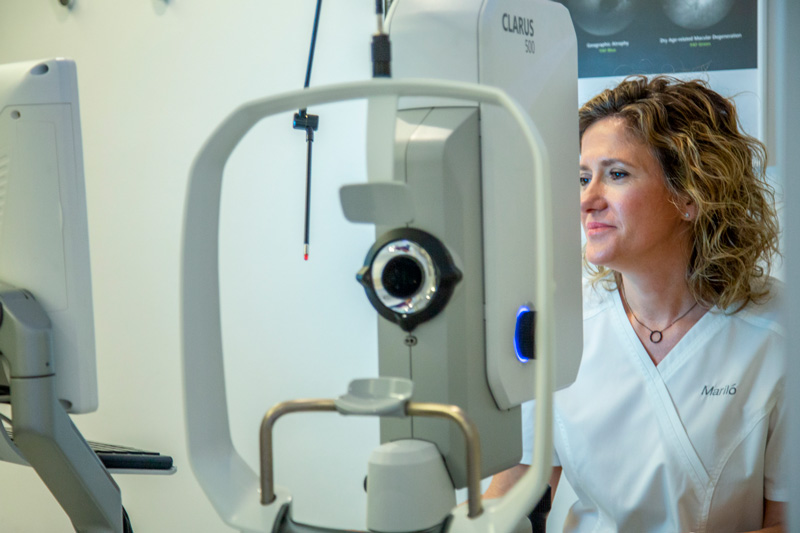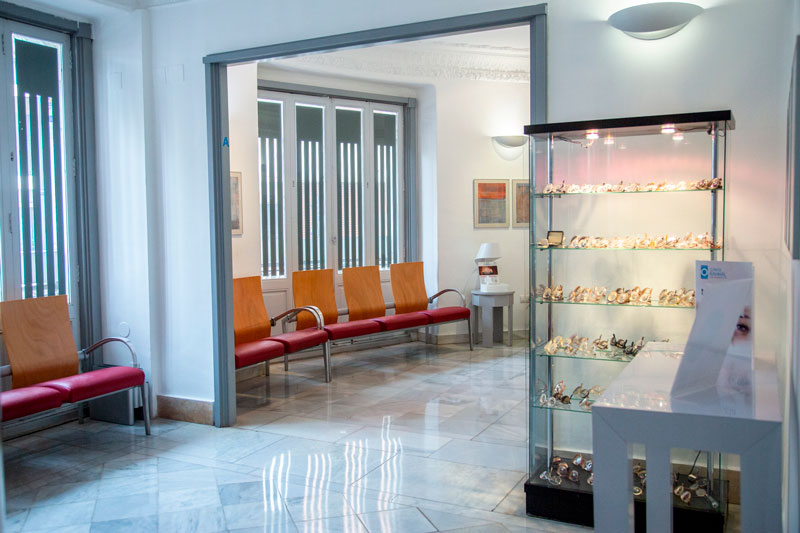What is diabetic retinopathy?
It is the most prevalent vascular disorder of the retina and is caused by a weakening of the blood vessels due to diabetic metabolic decompensation. The weakened blood vessels that supply the retina are particularly susceptible, and the deterioration of these, along with the structural changes that this causes to the retina, leads to vision loss.






